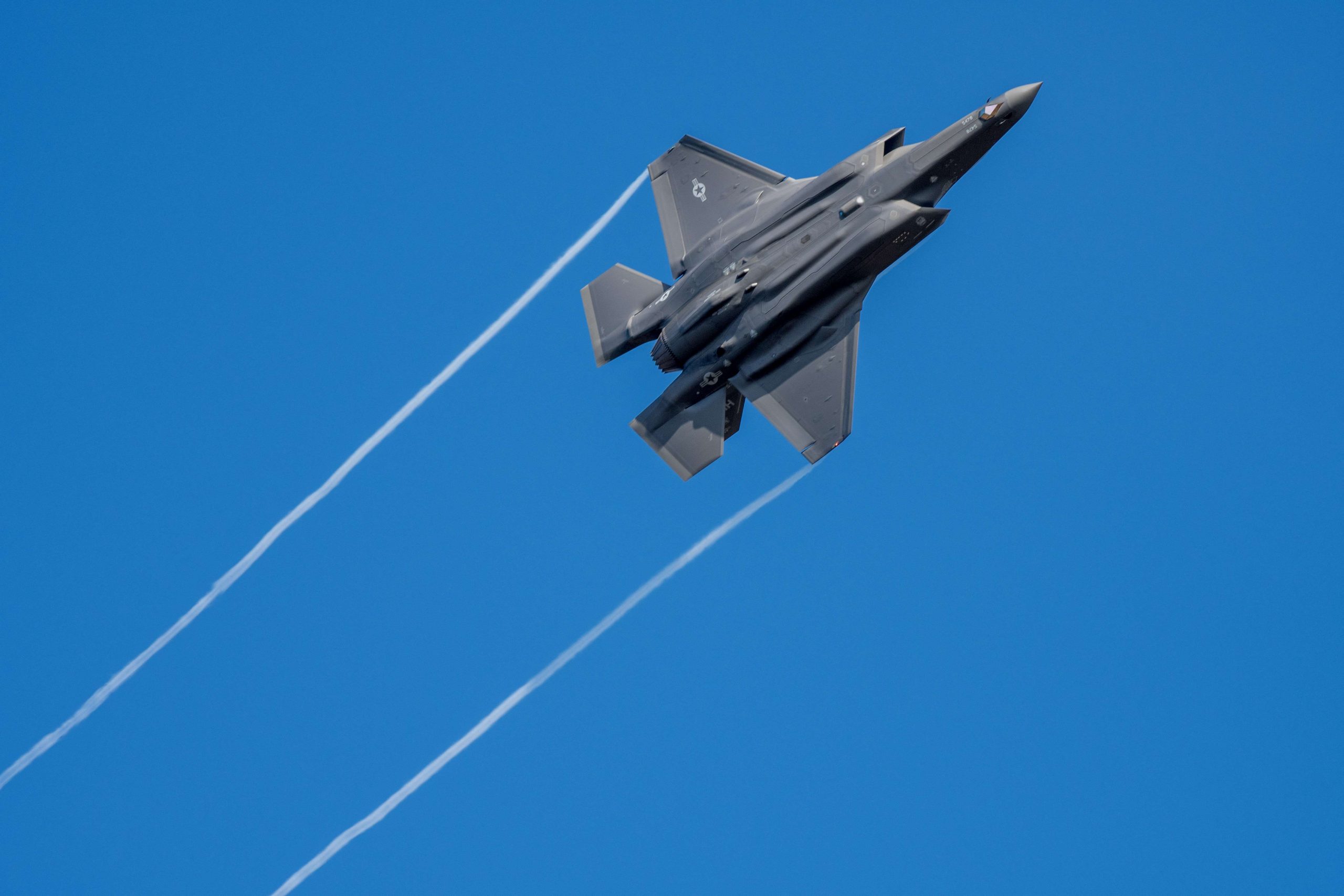China’s Commerce ministry imposed fresh sanctions on Thursday against American defence companies Lockheed Martin and Raytheon, adding them onto an “unreliable entities list” over arms sales to Taiwan.
The sanctions prohibit Lockheed Martin and Raytheon Missile and Defense Corporation, a subsidiary of Raytheon Technologies, from “engaging in import and export activities related to China”, according to the Commerce ministry statement.
The United States is bound by the 1979 Taiwan Relations Act to provide Taiwan with the means to defend itself, and US weapons sales always attract China’s anger.
Also on AF: US and China ‘Keen For Talks to Cool Spy Balloons Tension’
China previously sanctioned the two firms in February last year over a $100-million arms sale to Taiwan.
China’s Foreign ministry at the time said the sale “undermined China’s security interests, seriously undermined China-US relations and peace and stability in the Taiwan Strait”.
That was the first time the companies faced action under China’s new anti-foreign sanctions law. It was drawn up in 2021 in response to US sanctions against Chinese companies.
Earlier sanctions over Taiwan
Before that, on at least two occasions, China announced sanctions against Lockheed and Raytheon, in 2019 and 2020. Beijing, however, did not explain what those sanctions entailed or how they were enforced.
In September, China also announced sanctions against chief executives of Boeing Defense and Raytheon. It said they were in response to their involvement in the US State Department’s sale of military equipment to Taiwan.
US defence procurement rules generally prohibit Chinese-origin content, so sanctions have had no impact on the US military. Raytheon, however, sells to China through its United Technologies engine business.
China has over the past two years stepped up its military and diplomatic pressure against Taiwan. Beijing views the self-ruled island of Taiwan as a breakaway province that must accept Chinese sovereignty.
China has never renounced the use of force to achieve that goal and refers to Taiwan as the most important and sensitive issue in its ties with Washington.
Taiwan rejects China’s sovereignty claims, saying only its people can decide their future. Taiwan’s government says it wants peace but will defend the island if attacked.
- Reuters, with additional editing by Vishakha Saxena
Also read:
Taiwan Ramps up Drone Development to Guard From China Threat
Taiwan Slams ‘Rumours’ on Risks in Investing in its Chips
US Firms in Taiwan Reviewing Plans as China Tensions Rise
Taiwan Talks To China’s Xi Jinping in Rare Encounter at APEC
Taiwan Urged to Forge Closer Ties With NATO – Focus Taiwan
























